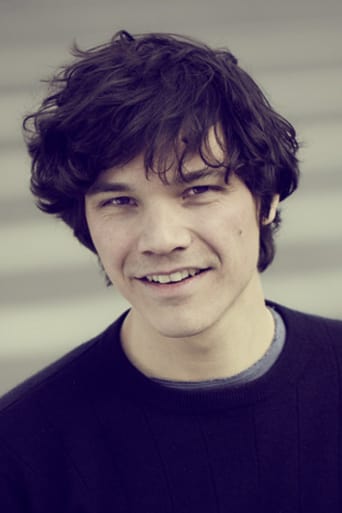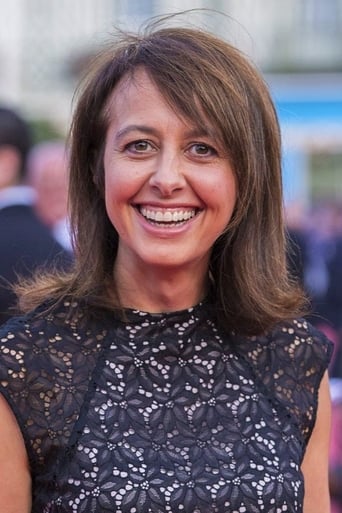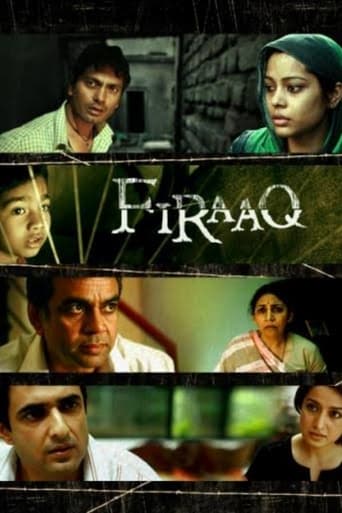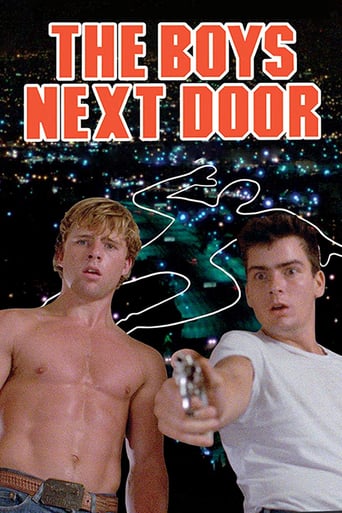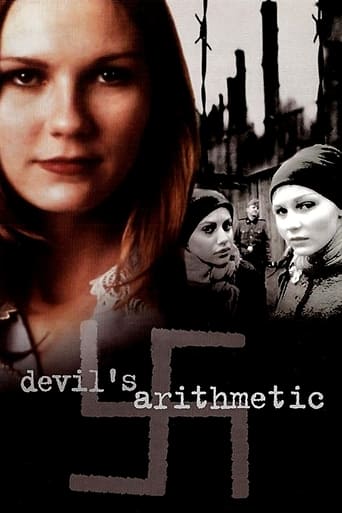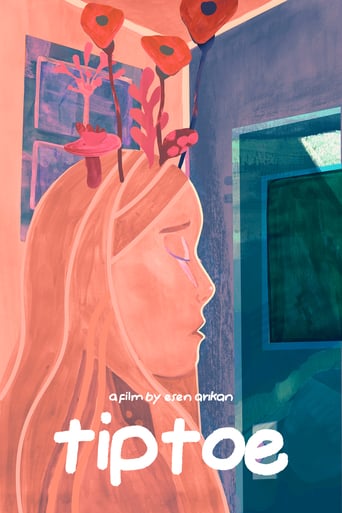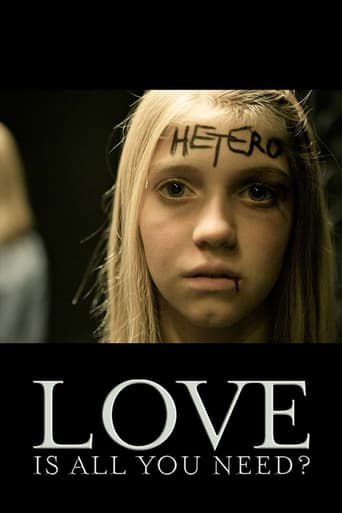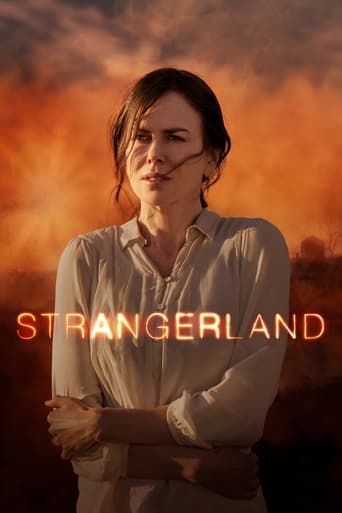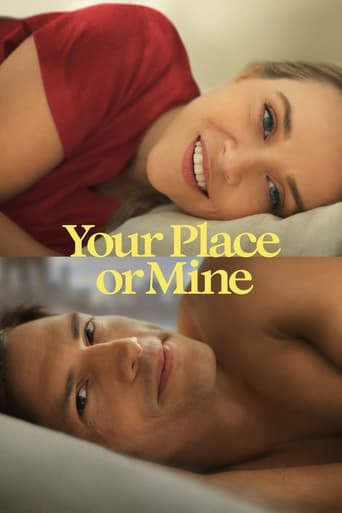
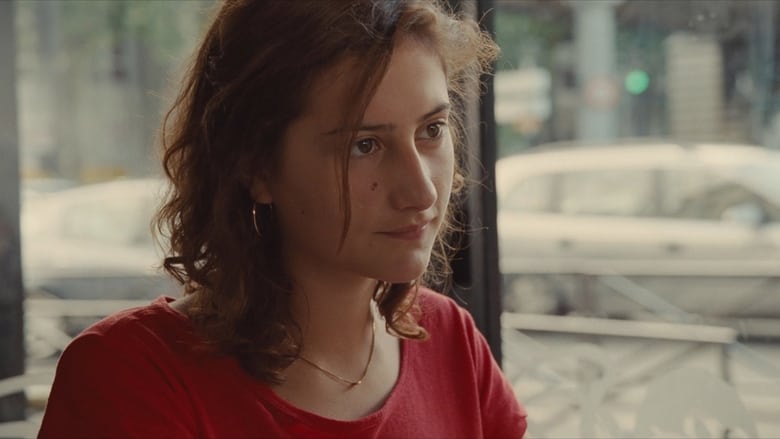
Goodbye First Love (2012)
A 15-year-old discovers the joys and heartaches of first love with an older teen, but in the ensuing years, cannot seem to move past their breakup.
Watch Trailer
Cast


Similar titles
Reviews
It's Paris 1999. Camille is 15 and Sullivan is 19 and they're in love. He's dropping out of school to go off to South America without her. After awhile, he stops writing to her and she falls into a suicidal depression. Years later, she's in love with her professor Lorenz. She has an intense relationship with him and then Sullivan returns into her life.This is a lot of young love without limits. This is a very french movie. The young leads play their part like any random young lovers. This is semi-realism. I don't particularly like the guy. The fact is that he leaves her behind which puts into question how much he truly loves her. He's callous to her feelings and she's an overwrought young girl. Their original romance is not that dramatic since the movie is just waiting for them to break up. I'm just not particularly in love with their love and it's a passable romance.
i love french cinema this is a horrible example, you can take nothing away from it but your lost time, the young couple are attractive the guy is a deadbeat she refuses to accept it, she a architect, very unplausible dialogue makes no sense written on a 12 yo level bright people don't accept abuse or mistreatment more than once i don't care how big there parts are there money or there looks, the people that do either want abuse or are not too bright i guess french cinema is dumbing down now, this is been made by someone who did not listen in class, there reason i like movies from France is they don't fob off a load of crap like this. this is for the french people that thought jerry lewis was funny
Louis Garrel recently made his first feature film as director, Le Petit Tailleur, in an interview afterwards he admitted that his film was of a Paris that did not exist anymore, where the young went to the theatre to see Kleist. His film, as this one, contains a nostalgia for the New Wave. This is tacitly admitted in Goodbye First Love when Sullivan mentions that he went to a party in the suburbs where kids went to have sex and take drugs, a piece of shrapnel that doesn't fit in the jigsaw of this movie. The young of the developed world live with their eyes burnt out.Goodbye First Love tells the story of Camille, in love with Sullivan, and how she copes with losing that love and moving on with her life. There's something pristine about the way that young animals love and lust together, narcotic and somewhat illusory, but on the threshold of paradise; and actually the most astonishing part of the film practically occurs in an Eden. One its successes is the casting of two actors who have an obvious sexual compatibility, which lends credibility to the treatment.Mature love comes, but lies in the cradle of shared creativity and mutual respect, which should represent a superannuation of first love; but flesh is not just. For Camille, riding on the pannier rack of Sullivan's bicycle and grasping his body will always be the seed of her crystal.Goodbye First Love, by the way, is an incredible aesthetic treat (my favourite part may well have been when the two rake over the ashes of their love, lying together likes ravens in a shattered tower, all a creation of capturing colour carefully). I felt privileged to have watched it, to have been let inside what's a meagerly-camouflaged auto-biography from Mia Hansen-Løve. I may well love and be loved back one day, but it won't be the Hamelin song that Mia has let me see, and I'm grateful to her for this facsimile.
Because it makes no grand gestures, "Goodbye First Love" is a deceptively simple movie. Essentially, it tells the story of a young woman torn between two men, both of whom she loves deeply but in completely different ways. Its simplicity is cleverly masked by a rather unconventional style, which is about as far removed from a Hollywood romance as it can be. The film flows rather organically, with most of the traditional cinematic enhancements stripped away. It's less about plot and drama and more about character. It may not be immediately apparent, but we are witnessing a person on the road towards maturity. This isn't to suggest she began at innocence, nor that she will end up understanding everything; all we know is that she's in the process of becoming.Her name is Camille (Lola Créton). When we first meet her, it's 1999, and she's a fifteen-year-old living with her parents in Paris. She's having an intensely physical affair with a teenage boy named Sullivan (Sebastian Urzendowsky), who has given up on school. Despite their repeated assertions that they each are the love of their lives, they argue very easily. This is easy to explain: They're both still young and naïve, and they don't yet know what they want out of life. Sullivan yearns to experience the world and plans a trip to South America with a friend of his. Camille is threatened by his wanderlust and continuously threatens to harm herself. If he leaves, he may forget about her entirely and meet another girl. She claims that she's not looking for anything more than him.Sullivan assures her that he will only be gone for ten months and that he'll keep in touch. And so, off he goes. Camille copes as best she can as it transitions into 2000, receiving the occasional letter from Sullivan. In all his letters, he continues his practice of boldly asserting his love for her. They are, in fact, so bold that they come within an inch of being cruel and emotionally manipulative. In one letter, he tells with, rather poetically, that his love for her is holding him back. If he wasn't so in love with her, if she didn't plague his thoughts on a daily basis, he might actually enjoy his travels. Quite suddenly, the letters stop coming. A devastated Camille soon ends up in a depression clinic, at which point her father (Serge Renko) tells her that it's finally time to take the next step.Never once do follow Sullivan, whose stay in South America lasts much longer than ten months. We do, however, follow Camille over the next seven years. During this time, she finishes high school, attends a design college, studies architecture, and lands a job at a company run by a Norwegian architect named Lorenz (Magne Håvard Brekke), who's separated from his wife in Berlin and seemingly estranged from his son. We see their relationship develop from employer and employee to casual acquaintances to emotional confidants to lovers. He may not express his love for Camille quite as vocally as Sullivan would have, but it's obvious that he cares for her deeply. She too cares about him. It isn't the same as it was with Sullivan, though. There's more than just physical affection; there's a clear understanding of who they are.It isn't until 2007 that Camille and Sullivan finally reunite. An exact date is not given, but it seems he had returned from South America quite a while ago. He now gets by as a photographer in Marseille, which he likes much better than Paris. Initially, it seems like their relationship has cooled and that they will continue merely as friends. But after a while, it's obvious that the old feelings have resurfaced. I expected this from Camille, but I have to admit, I didn't expect it from Sullivan. Memories of her continue to haunt him, and at one point, he tearfully wishes that they were back together. When Lorenz is called away on business, Camille and Sullivan regularly convene and make love, all the while sensing that what they're experiencing isn't likely to last.Having gone this far in my review, I fear that I've made this movie sound like a sentimental tearjerker. It's almost impossible to conceive of given the subject matter, but "Goodbye First Love" is about as devoid of sentiment as it could possibly be. Rather than indulge in fairytale contrivances, love and relationships are examined in terms of very plausible, very concrete physical and emotional needs. All leads to an indirect and rather languid ending, which is actually treated less like an ending and more like just another scene. As realistic as this may be, my innate American sensibilities had me longing for something a little more distinct. I'm not saying everything had to be wrapped up in neat little package, although some sense of closure would have been nice.-- Chris Pandolfi (www.atatheaternearyou.net)



